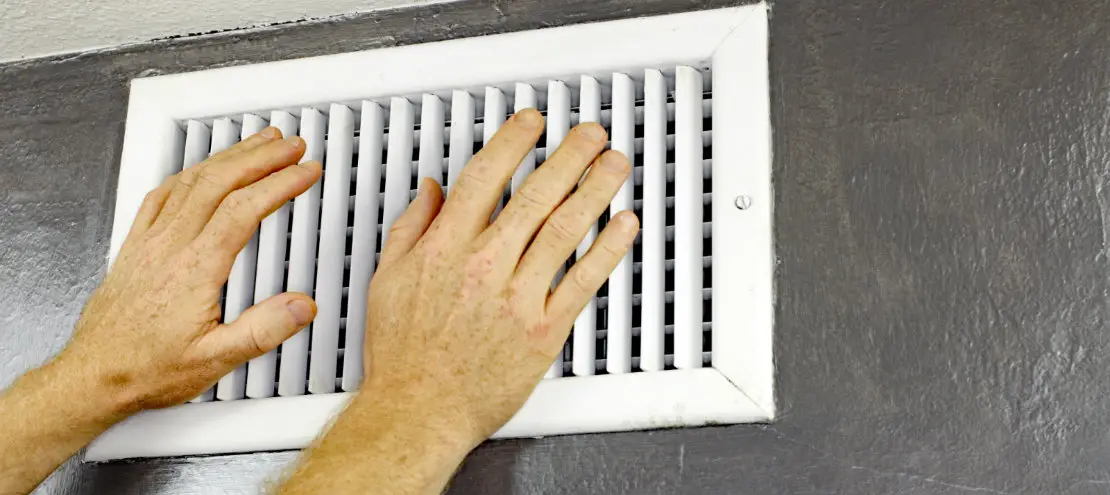What to Know About Coming EPA Rules Governing R22 or Freon
The Environmental Protection Agency’s upcoming rules will prohibit the purchase of new R22 or Freon/HCFC-22, a common refrigerant used in residential air conditioning systems. But, this doesn’t necessarily mean you need to scrap the air conditioning equipment you have just yet. Here’s why:
Your Air Conditioner May Not Require Freon
If you’ve replaced your air conditioning equipment after 2010, it is likely your equipment uses the newer R410A or Puron refrigerant. Carrier began selling air conditioning equipment with the new refrigerant in 2006 well ahead of the ban on the sales of new air conditioners using Freon. In these two cases, your air conditioning equipment doesn’t use Freon at all and is unaffected by the phase out of Freon. There are cases where some manufacturers skirted the ban of sales of new air conditioners charged with R22 by selling “dry” units – that is, units without the refrigerant. In this way they could charge them with R22 after installation to get around the rule. This is why there may be a few more units out there with the “old” refrigerant purchased after 2010.
R22 is Still Available, But Smaller Supplies Equal Higher Prices
Even though the coming rules from the EPA prohibit the sale of NEW Freon or R22 as of January 1, 2020, recycled R22 or Freon will still be for sale. Freon isn’t going away, and there’s no reason to be afraid because air conditioning technicians have known this was coming for years. What is of concern is that a smaller supply of Freon means that many expect the prices to continue to climb and may skyrocket after January 1 to $200-300 per lb by some estimates. If most residential systems need between 6-14 lbs of refrigerant when empty, that could pack a powerful punch in a customer’s wallet if a significant repair is needed! For that price, they could almost buy a brand-new condenser with new refrigerant.
Refrigerant Pricing Should Not Be the Sole Reason to Replace a Unit
Just because the price of R22 or Freon is going up and the availability is going down doesn’t automatically mean you need to replace your air conditioning unit. Small electrical repairs – such as a motor failure – which are common over a hot summer don’t necessarily mean you should scrap your unit. Condensing units charged with R22, particularly those from 2008 or 2009, may still be running reliably and may not need to be changed for several more years. The typical lifespan is 9-12 years.
If you maintain your equipment twice a year as recommended in the Spring and Fall, it’s easier to make minor repairs and get a reading on how your equipment is doing. On the other hand, if you have a persistent refrigerant leak of the R22/Freon AND your system is older, it might make sense to budget for a new system before the end of 2019. By the way, the EPA requires a repair to your air conditioner if the leak rate is greater than 50 percent before charging your system with additional refrigerant.
We Can Help
Generally, a refrigerant leak repair is often identified after the weather heats up and the air conditioner either can’t keep up or is blowing lukewarm air (not cool). If this happens to you, contact Rob and Kenny at Terry’s A/C and Heating, a Carrier Factory Authorized Dealer, at 281-495-7830. We specialize in friendly, honest service and fixing units others say can’t be fixed in Southwest Houston – from the Medical Center through Katy, Fulshear, Sugar Land, Missouri City and Richmond/Rosenberg. (See our service area.) Whether you need seasonal maintenance, a repair or a quote on a new system, count on Terry’s A/C & Heating to give you the information you need to keep your home’s indoor comfort system operating all year long!


 For
For  Call Us:
Call Us:  Text Us:
Text Us: 



